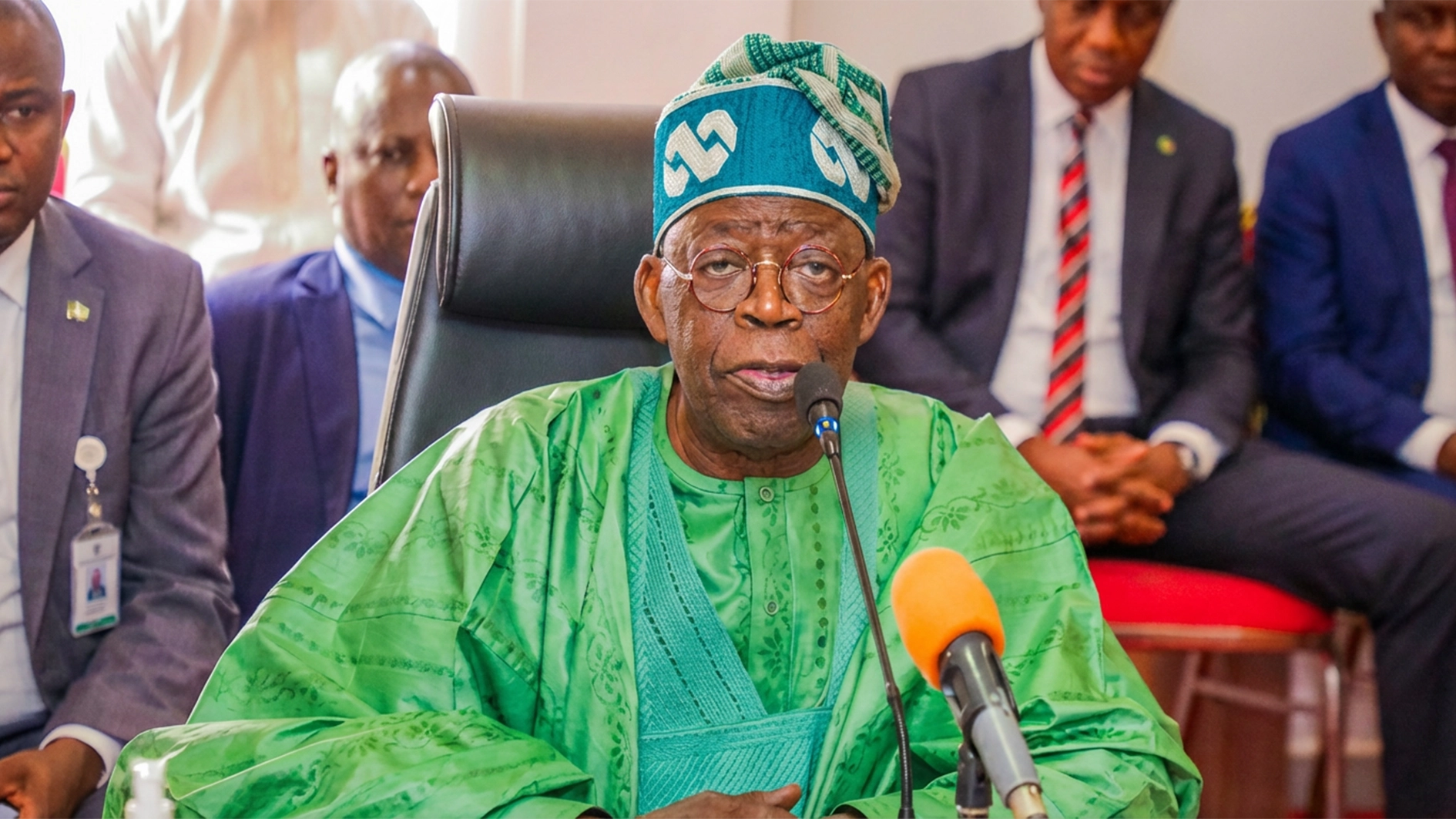Beyond politics, her journey speaks to the future of inclusion, justice and the role of women in shaping Nigeria’s national destiny, while exposing why the old theatrics of some Nasarawa politicians cannot stand in the era of Renewed Hope.
A Story Rooted in Nasarawa, Rising to Abuja
Every leader carries the story of their beginning. For Honourable Imaan Sulaiman-Ibrahim, fsi, that story begins in Nasarawa State, where she grew up grounded in values of service, resilience and faith. Her career path took her through the world of management, advocacy and public service long before she was appointed as Nigeria’s Minister of Women Affairs and Social Development.
In those roles, she built a reputation for diligence and discipline. She became known for her ability to navigate complex institutions and still remain focused on outcomes. Those who worked with her often describe her as “firm but fair” — a leader with both empathy and steel. It was this blend that caught national attention and eventually brought her to the Federal Executive Council.
Today, she stands as one of the most visible faces of President Bola Ahmed Tinubu’s Renewed Hope Agenda, tasked with no small mission: to empower Nigerian women, protect families and drive inclusive social development.
⸻
The Resistance Every Woman Knows
But with her rise came resistance. First, within her own Ministry, a protest was staged by some staff who later admitted the real cause was miscommunication, not neglect. They apologised, pledged renewed loyalty and reaffirmed that she had already been making significant strides in advocacy and representation.
Then came the faceless group Transparency and Integrity Watch Initiative (TIWI) with a fake press invitation designed to smear her image. Nigerians quickly saw through the ploy. Now, most disturbing are whispers of threats against her life, allegedly linked to some political actors in Nasarawa State.
The pattern is clear: these are not isolated incidents but connected attempts to distract and intimidate. It is an old playbook — one Nigerians have seen used against women leaders before.
Dora Akunyili faced fierce campaigns of blackmail while reforming NAFDAC, yet history remembers her courage. Ngozi Okonjo-Iweala endured personal threats as Finance Minister, yet today she heads the World Trade Organisation. From Funmilayo Ransome-Kuti, who challenged colonial authorities, to the women of Aba who led the famous 1929 protest, Nigerian history is full of examples showing that when women rise, entrenched powers try to push them back.
But history also records something else: courage and truth eventually prevail.
Why Old Political Tactics No Longer Work
The theatrics being deployed in Nasarawa are familiar but outdated. Nigerians today want leaders who deliver results, not endless drama. A Minister who holds town halls, listens to staff and mobilises communities is more convincing than a rented crowd or a manufactured press invite.
In the digital age, Nigerians verify events for themselves. Communities film their own meetings, clarify rumours and share the truth directly online. Falsehood cannot travel as far as before.
Threats and intimidation are also no longer seen as strength. They are recognised for what they are: the last resort of those who have lost the battle of ideas. In an era of Renewed Hope, such tactics are archaic and have no future.
Nasarawa itself deserves better. The state has produced capable administrators, entrepreneurs and public servants. The antics of a few politicians trying to drag a rising daughter into unnecessary battles do not reflect the spirit of a state that wants progress.
⸻
The People Have Spoken
When the Yoruba community in Keffi rose in solidarity with her, their words were clear. They described her leadership as a reflection of the President’s Renewed Hope Agenda. They declared that they stand by her yesterday, today and tomorrow. Speaking in local dialects, they affirmed that her representation has brought visibility, dignity and advocacy not just for women, but for Nasarawa State and Nigerians at large.
Inside the Ministry too, after initial misunderstandings were resolved, staff pledged their renewed commitment. They recognised her impressive work, apologised for earlier actions and assured her of their support.
These voices matter. They reveal that behind the noise of political theatrics, there is genuine respect and confidence in her leadership. Communities and staff are not easily swayed; they know when they see commitment, and they know when they see distraction.
⸻
The Meaning of Her Rise
Hon. Imaan Sulaiman-Ibrahim, fsi, is more than a Minister managing a portfolio. She is a symbol of what it means for Nigerian women to finally break into spaces once guarded jealously by male-dominated politics.
As a fellow of the Institute of Security Studies (fsi), she is trained to assess threats, weigh risks and remain focused. That background only reinforces her credibility when she says she has faced intimidation. But it also equips her to remain unbowed.
Her calm response — listening, reconciling and continuing the work — is itself an act of leadership. It shows Nigerians that service, not theatrics, is the path forward.
⸻
Renewed Hope as a Rising Standard
The Renewed Hope Agenda is proving itself to be more than campaign rhetoric. It is fast becoming an agenda that rewards performance and celebrates competence, whether male or female. By placing leaders like Imaan Sulaiman-Ibrahim in positions where they can deliver, it is setting a new national standard where results matter more than noise, and inclusion is not symbolic but practical.
This is why her story matters. It is not simply the struggle of one woman against political headwinds; it is a reflection of the new Nigeria emerging under Renewed Hope, where outdated theatrics cannot override substance and where women are no longer accessories to governance but central drivers of it.
⸻
Breaking the Barrier Once and for All
History has shown that women who refuse silence change the arc of society. Hon. Imaan Sulaiman-Ibrahim, fsi, stands in that tradition. She is rising both in local and national politics, and her resilience is proving that intimidation will not work in this new era.
This is a moment of awakening for Nigerians. To recognise that competence matters more than noise. To see that the politics of fear is outdated. To realise that when women lead, families, communities and the nation benefit.
The barrier must fall. Not tomorrow. Not in some distant future. Now. For in Imaan Sulaiman-Ibrahim, fsi, we see more than a Minister. We see the breaking of old ceilings, the crumbling of old theatrics, and the rise of a new possibility.
When that barrier falls, it will not be for her alone. It will fall for every Nigerian girl who dreams of leadership, and for every citizen who believes in a future built on justice, equity and hope.
Safiya was a former delegate 2024 National Conference and a women’s activist.






